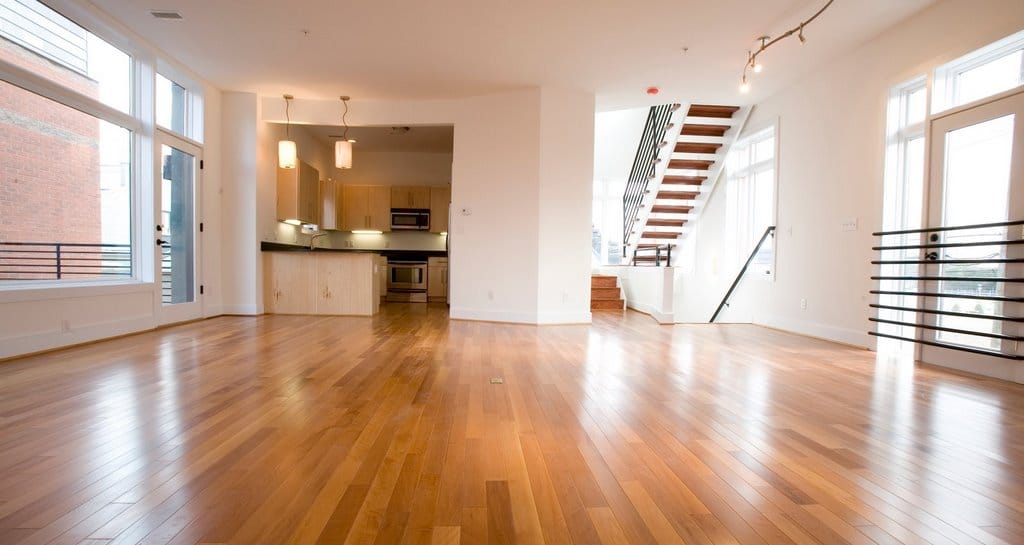Buying a condo comes with a completely different set of risk factors than buying a home.
From financing to underwriting to appraising, the additional layers of risk inherent in a condo purchase must be understood in order to make an informed decision. While many of the same principles that you would use in buying ANY real estate still apply (superior location, intelligent design, quality construction, attractive selections, etc.), understanding the other factors that are not apparent to the naked eye are far more subtle and complex in their effect on market value and forward risk.
We have broken a few of them down below.
Always remember that when you buy a condo, you are buying not only your space, but a little bit of everyone else’s, too. The design of all of the units is very important as eventually they become comparable sales against which your unit will be judged. When looking at condos in any building, make sure you see not only the units that fit you best, but look at a sample at the different price points to get a feel for the overall project. If units at all price and size levels seem to be well conceived and thought out, then you should feel better about the decision.
Do not make a decision based solely on the dues. Dues are the one thing that can and will change in any condo project. I have seen many people eliminate a certain condominium project because they feel the dues are ‘too high.’ This is flawed logic because the long-term effect of an underfunded HOA is an assessment (think ‘bill’) to pay for a repair or building maintenance item that should have been funded over time in the reserve budget. At the end of the day, it just costs a certain amount to run any building and to expect below-market dues to be the norm is naïve. If you look at two similar projects and see a radically different dues structure, then the real question is not why is one building more expensive, the real question is why the other one is so inexpensive? Do some digging.
The manager of a condo HOA is as important as the developer. The majority of issues within any condo association occur from a mismanagement of the HOA long after the developer is gone. A good management company needs to be strong in their enforcement of the rules and have a strong education in condo finance. If the management company cannot answer the question ‘what does it mean to be warrantable?’ then you don’t have a good manager. This extends to self-managed HOA’s with board members that do not understand condo finance. Be wary.
Beware any lender that says ‘we can do that’ until they ask VERY specific questions. 3 or 4 times per year, I get thrown into panic mode at the last minute when the other agent calls me in a tizzy because they just got loan denial 3 days before closing because their lender didn’t understand condo finance. Each lender requires a ‘Condo Review Questionnaire’ be filled out by the HOA. If a lender makes any promises before seeing that form, then they are not a condo lender. Likewise, if your lender asks you (once they know you are looking for a condo) ‘tell me which projects you are interested in so I can talk to the HOA’ then you probably have a good condo lender.
Lastly, (and this is an extension of above) always remember that being financeable is more important that being marketable in the current mortgage environment. When the market shifted in 2007, all condo projects began to be scrutinized (unfairly in many cases) due to the sins of Florida, Arizona and California. While the market is in the process of normalizing condo finance, it is still more challenging that it used to be and the effects can be seen most acutely in projects that have struggled to get to 50% sold. Unlike single-family housing, Fannie, Freddie and FHA look at about 20 additional factors when underwriting a condo loan and any one of them can prevent a loan from being obtained. Issues such as the number of rentals in a project or the amount of commercial space or the amount of money dedicated to the reserve budget are just a few that could cause loan denial.


